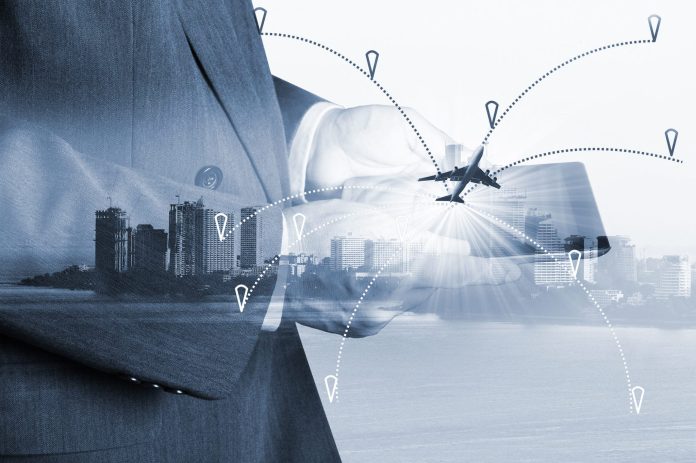Panasonic Avionics selected Ericsson to provide industrial connectivity
Ericsson was selected by Panasonic Avionics, a subsidiary of Panasonic, to handle connectivity services to the aviation, maritime and mining markets.
Under terms of the deal, Ericsson will implement its “5G”-ready core solution for Panasonic Avionics through its subsidiary AeroMobile, a global inflight connectivity provider and mobile network operator. Ericsson’s solution is said to enable crew and passengers on aircraft, cruise ships and yachts, and employees in the maritime and mining industries to access 2G, 3G, LTE and Wi-Fi connectivity.
Ericsson’s core uses network functions virtualization and software-defined networking technologies to support scalability, programmability and automation to the networks, the company said.
“This innovative collaboration with Ericsson is an integral part of our strategy to address the global communications needs of consumers and businesses in the future, and it demonstrates our commitment to enabling connected devices through the ‘internet of things,’” Panasonic Avionics President and CEO Paul Margis said. “Using this new global communications platform, we will help our customers – across all of our vertical markets – leverage ubiquitous connectivity to improve their operations with real-time data across all of their connected platforms.”
“NFV is an important technology for the 5G-ready core, and industry-leading operators around the world are already using our solution in live commercial service. We are extremely happy that Panasonic Avionics selects Ericsson as the sole supplier for their 5G-ready core.” added Anders Lindblad, head of business unit IT and cloud at Ericsson.
The new contract is also said to be the first step of an extended strategic collaboration in the fields of 5G and IoT.
Ericsson initiates 5G motorway project with cross-industry consortium in Germany
Ericsson announced the formation of a cross-industry consortium to strengthen 5G research and development in Germany.
Members of the “5G-ConnectedMobility” consortium are BMW Group, Deutsche Bahn, Deutsche Telekom, Telefónica Deutschland, Vodafone, the TU Dresden 5G Lab Germany, the Federal Highway Research Institute and the Federal Regulatory Agency. The Federal Ministry of Transport and Digital Infrastructure and the Bavarian Road Construction Administration support the project.
Ericsson said the consortium creates an infrastructure and a real application environment on a “digital test field motorway” to carry out tests in the area of vehicle-to-vehicle, vehicle-to-infrastructure, digitalization of the railway infrastructure and other applications using 5G technology.
The test track consists of several construction sections in an area of around 30 km between the junctions of Nuremberg-Feucht and Greding, in which the A9 federal motorway and the high-speed train route Nuremberg-Ingolstadt-Munich run in parallel. Ericsson said the infrastructure is already completed in the first section, which means live tests can begin immediately.

